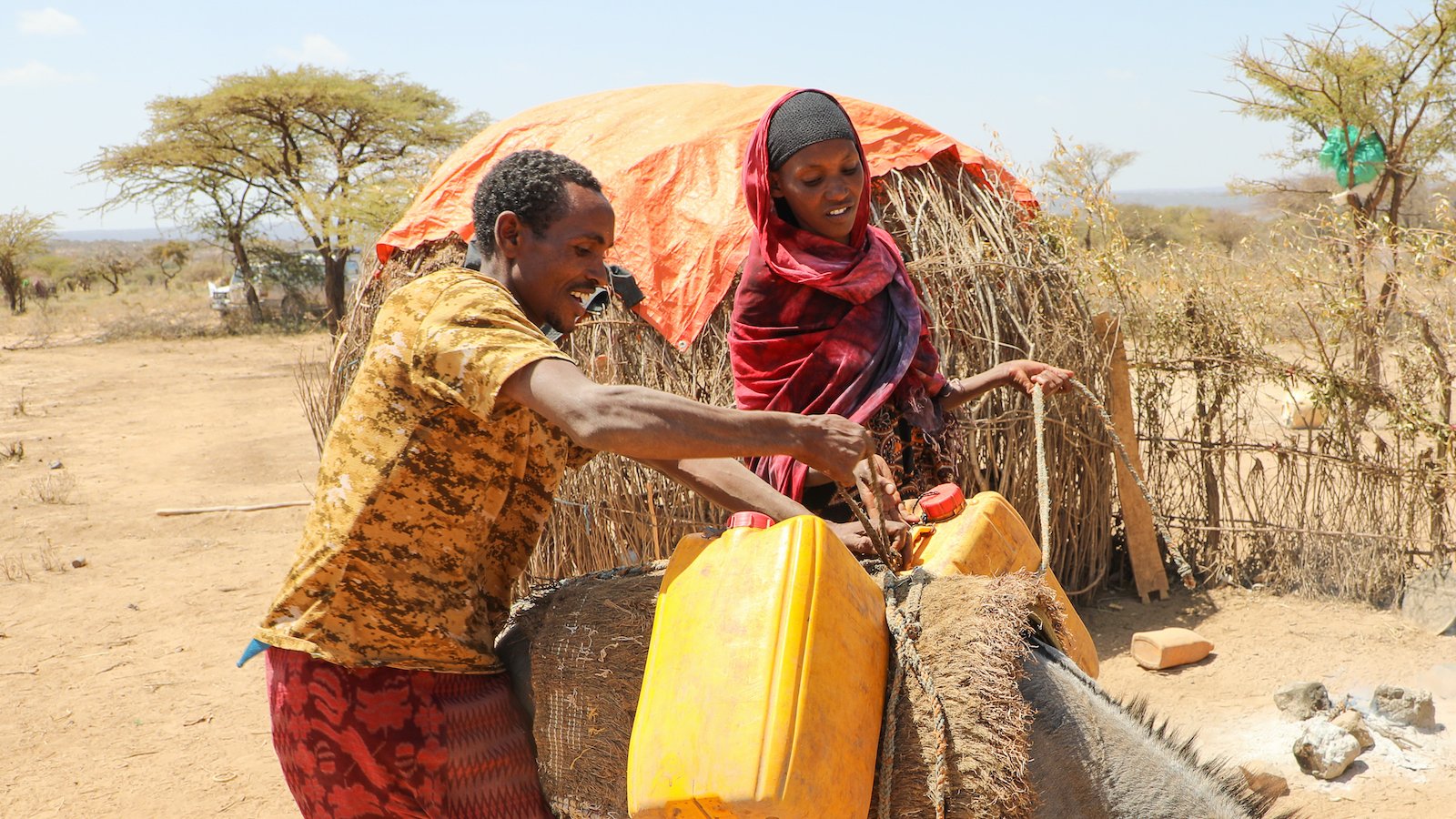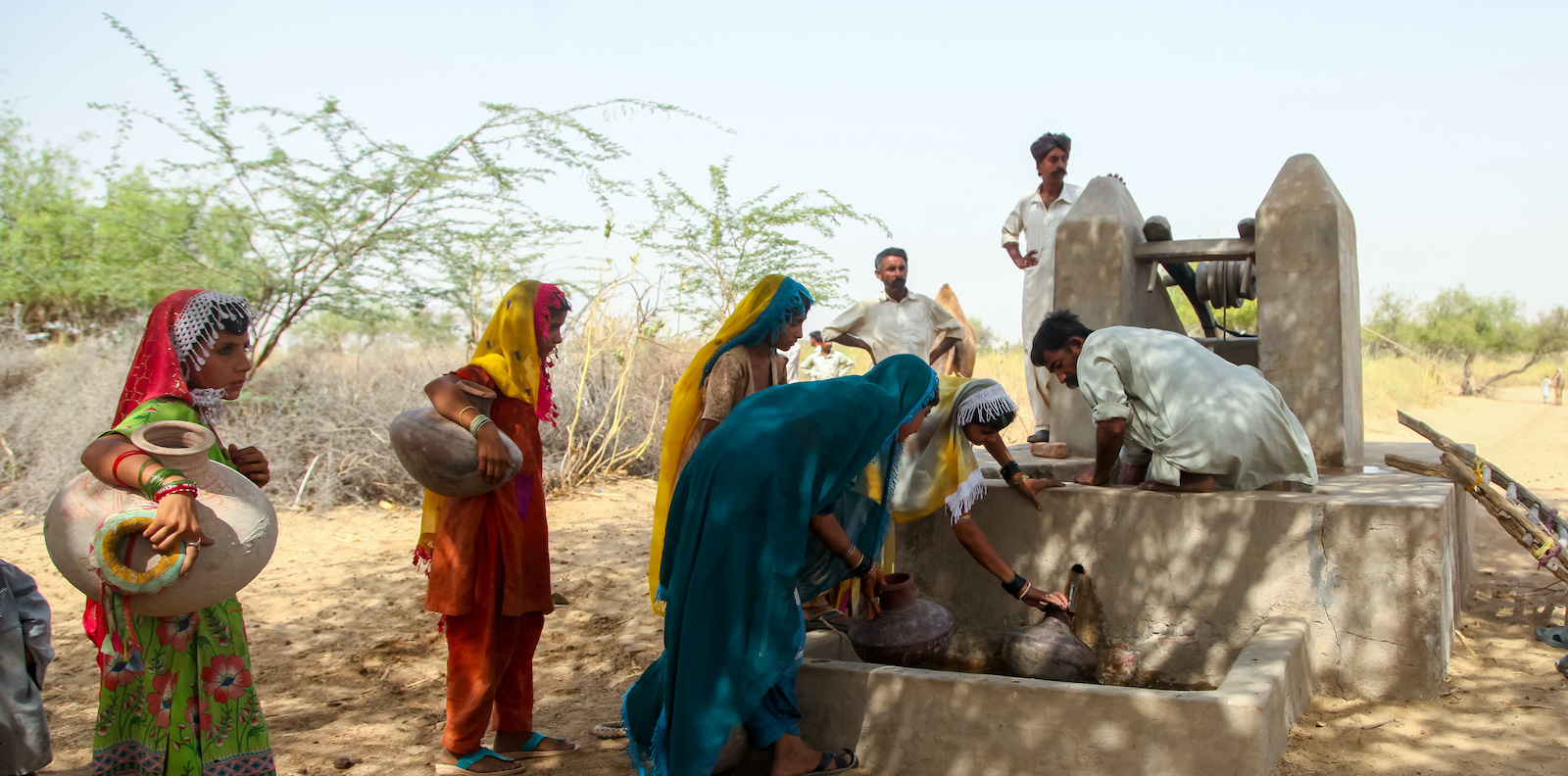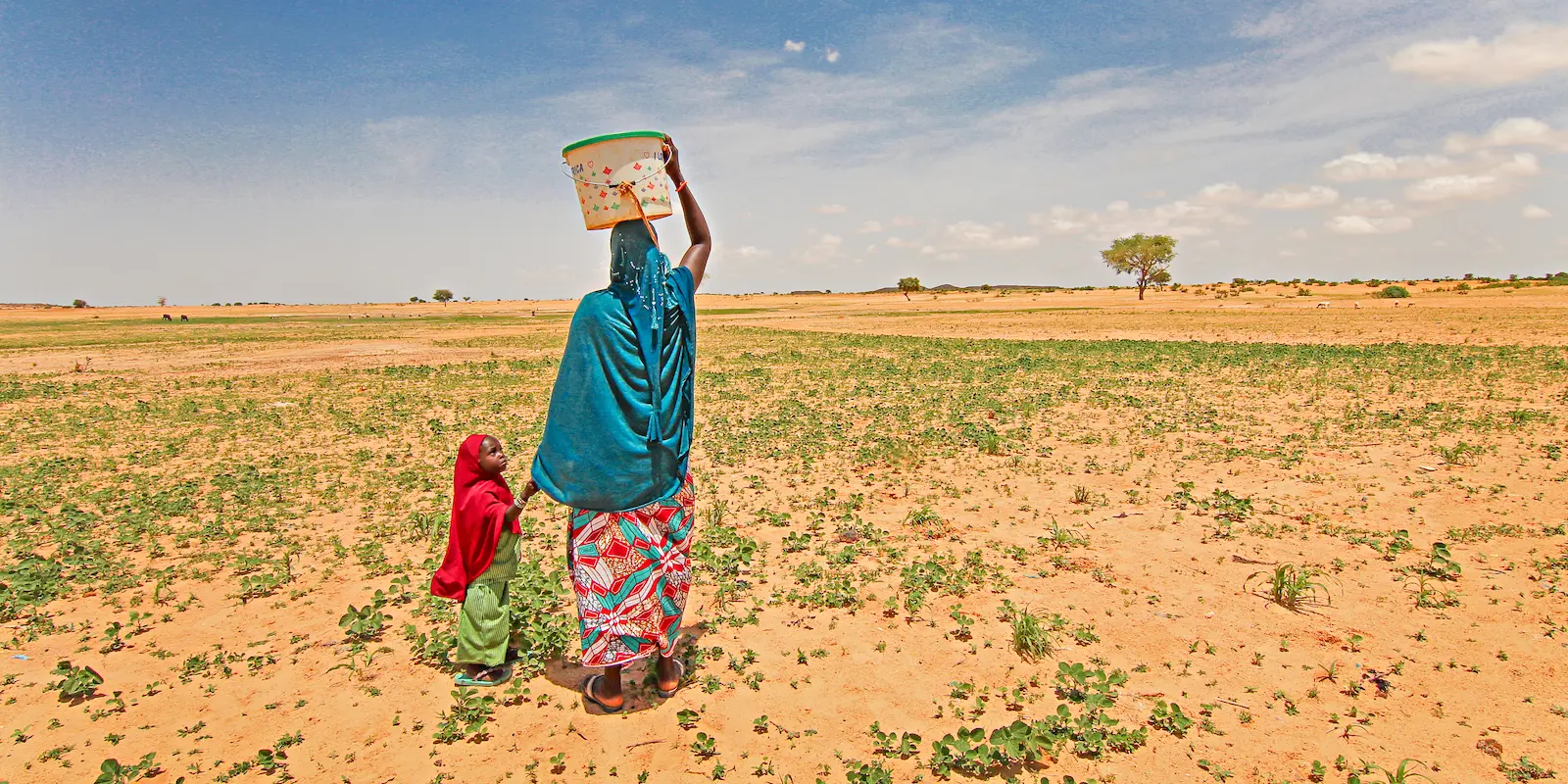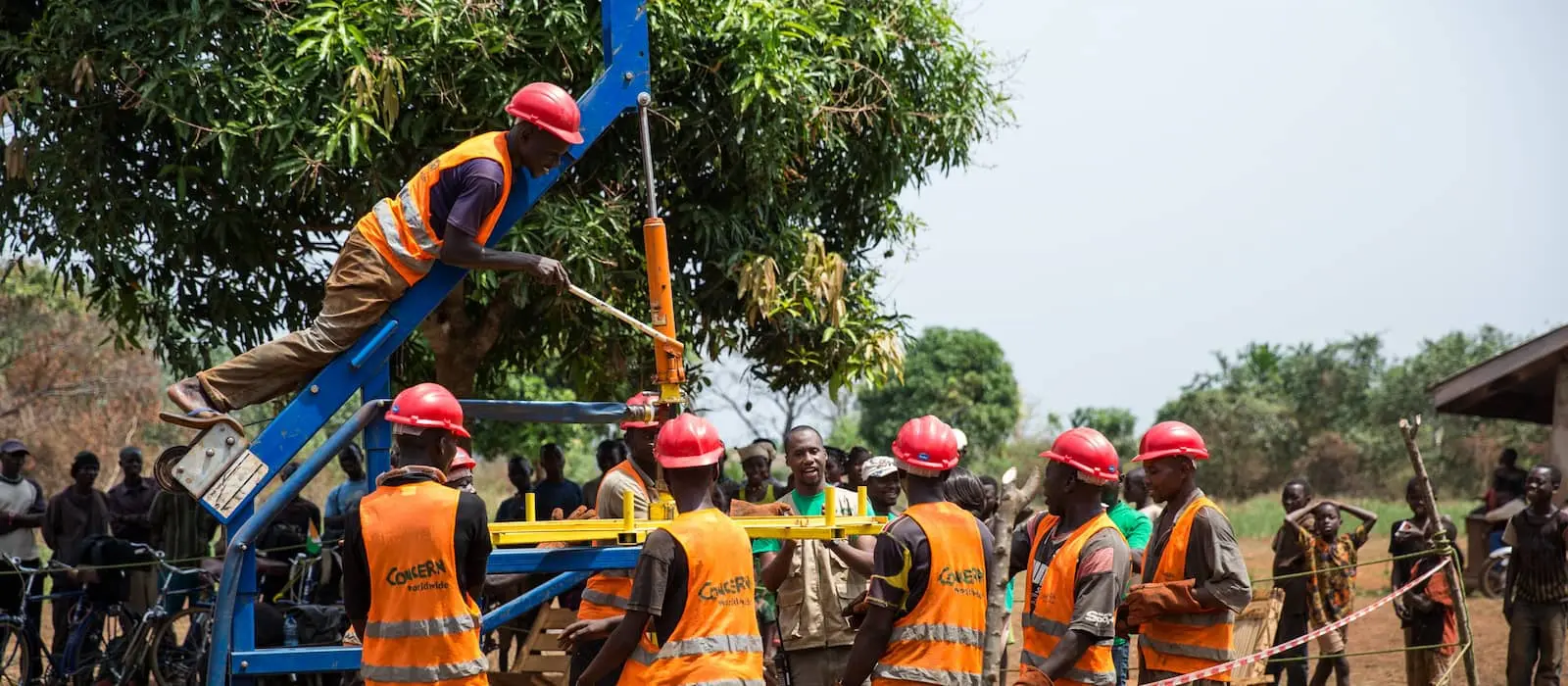Water makes life possible, but it also has the power to wash away everything you’ve worked for in an instant. Here are five ways that water impacts the communities we work with — for good and for bad.
Water is life, as the saying goes. We rely on water for our food, our health, our livelihoods, and for fun and leisure. But water can also take away life. And the absence of water can be even worse. Currently, 700 million people live in water-stressed areas. By 2025, this number is expected to grow 1.8 billion — about 25% of the world population.
As Number 6 on the UN’s Sustainable Development Goals, “Clean Water and Sanitation For All” is currently struggling. If we want to meet this goal by the deadline of 2030, the UN says we’ll need to double our current rate of progress. Only then can we ensure that there’s universal access to safe and affordable drinking water, adequate sanitation and hygiene resources, improved water quality, and restored water-related ecosystems. Here are five ways that water use affects our lives — and what we’re doing to help make clean water and sanitation for all a reality.
1. Water puts food on the table and money in the bank
According to the Food and Agriculture Organization, roughly 60–80% of severely food-insecure people rely on agriculture for their livelihoods (and their own nutrition). This includes farming of crops and raising livestock, as well as fishing. In Africa, where over half of Concern’s country programs are located, 95% of crops are rain-fed. This means that water shortages have a compound effect: As we’ve seen in areas like Somalia, just one drought can spell disaster for an entire harvest.
Concern has found solutions for many farming communities. In one Ethiopian community, for example, we provided the expertise and money needed to help build a 10-mile system of irrigation channels and reservoirs, bringing water from a nearby river across 200 acres to 140 farming families. That means bigger harvests to keep families fed — and incomes stable.
When lakes and rivers dry up, families are often forced to walk hundreds of miles to find water for their animals to drink. Or, they may lose their (literal) cash cows. A drought in the Turkana region of Kenya, that has now lasted for nearly 4 years, has meant that pastoralists like Ng’ikario Ekiru, a 37-year–old mother of 6, have gone from herds of 100 down to 5 (Ng’ikario, her family, and the flock all rely on the same source of food — a wild fruit that grows in the bush). Concern can’t refill dry rivers, but we can (and do!) truck water to the families and livestock that need it most.
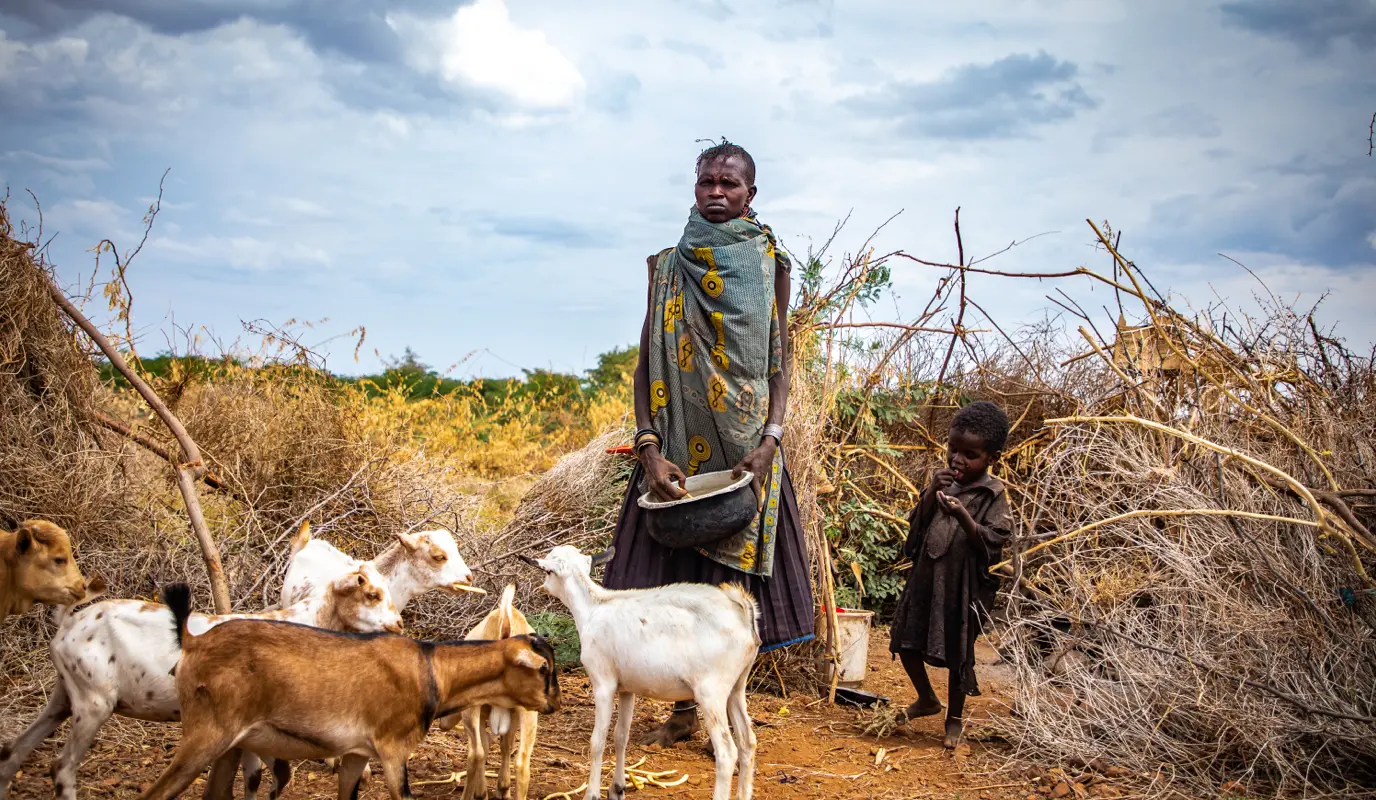
2. Water can kill germs and curb pandemics
Washing your hands doesn’t just get them clean — it can also save your life. In fact, the Centers for Disease Control and Prevention say that good hygiene is the best way to prevent infections and diarrheal diseases. As we’re currently seeing with the ongoing COVID-19 pandemic, handwashing is also one of the best things we can all do to curb the spread of a global health crisis.
In many of the countries where Concern works, these infections are a leading cause of illness and death. But a lot of the diseases and infections that affect the communities we work with are 100% preventable, and a little bit of soap and water go a long way towards that prevention. As part of Concern’s water, sanitation, and hygiene programming (WASH) we help provide clean water and teach people good habits so they can stay healthy.
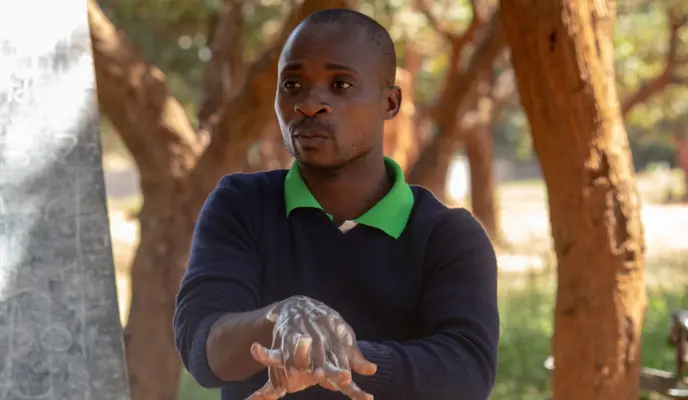
3. Water isn't always there
Sometimes the biggest problem water poses is when it’s not accessible. For example, drought across much of East Africa has further complicated a large-scale hunger crisis in the region, further exacerbated by conflict. In some cases, water access can even lead to conflict.
Even in peaceful countries, water that is too far away can be damaging for families. Daily water-gathering is usually the responsibility of women and girls. When rivers, lakes, and reservoirs dry up, they must travel increasingly long distances to find water. This can keep girls out of school, and keep women away from taking care of their families or earning income. In fact, collectively, women and girls spend 200 million hours fetching water every day.
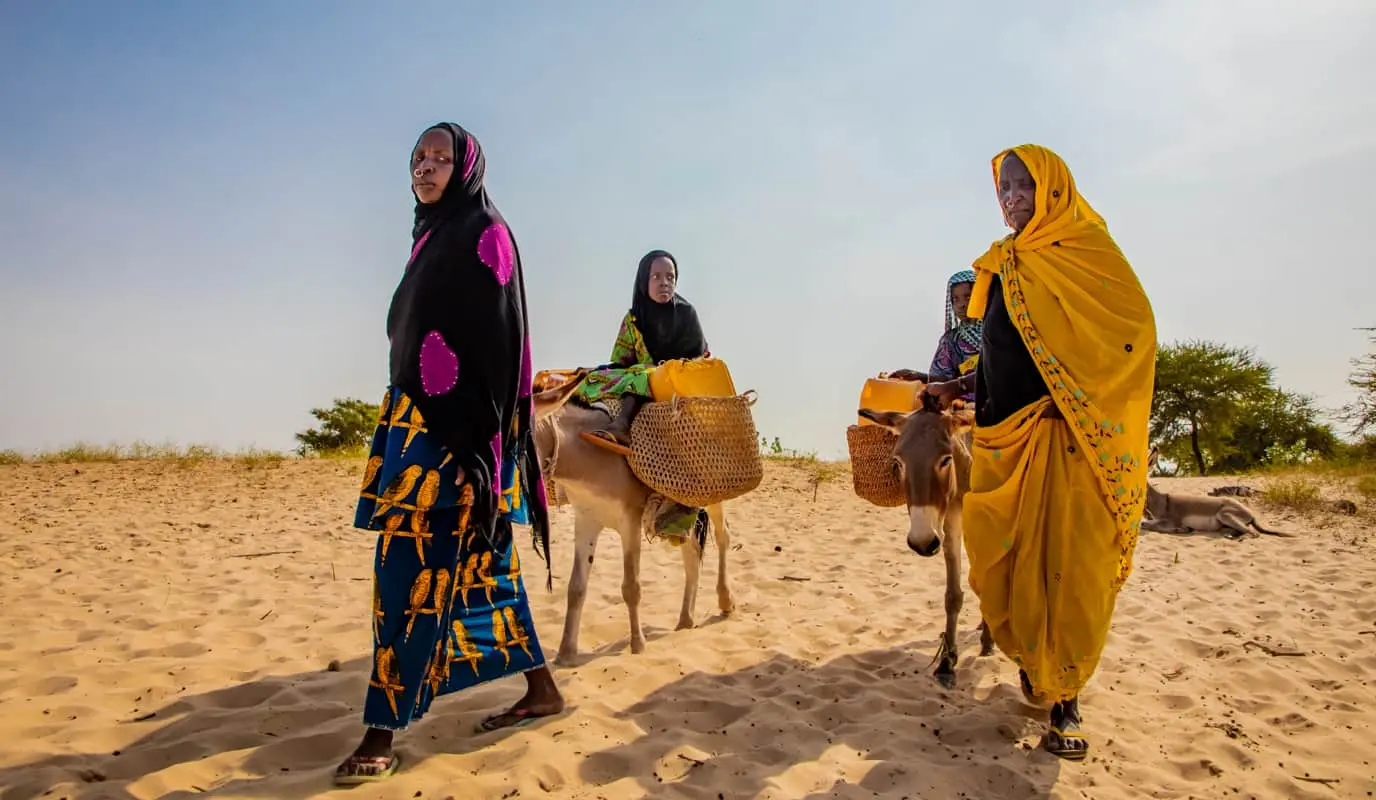
4. Water may be there, but it may not be clean
According to the World Health Organization, almost 400,000 children under the age of 5 die from diarrheal diseases every year. These infections are often caused by poor sanitation and water pollution.
You probably know that bacteria and chemical pollutants are bad news, but that’s not the only danger. For example, when freshwater sources are contaminated by salt (which can happen when ocean water surges into freshwater areas), the consequences can be devastating for the crops, livestock, and people. Rising sea levels in Bangladesh and Vietnam pose a threat to rice crops — more than 50% of Vietnam’s national rice production is centered in the coastal Mekong Delta region.
In the Bay of Bengal, Concern worked with communities to plant mangroves. This tree serves as a barrier to ocean waters, providing some much needed protection and resilience. We also teach new agriculture techniques, like the use of salt-tolerant crops, in many of the areas where we work.
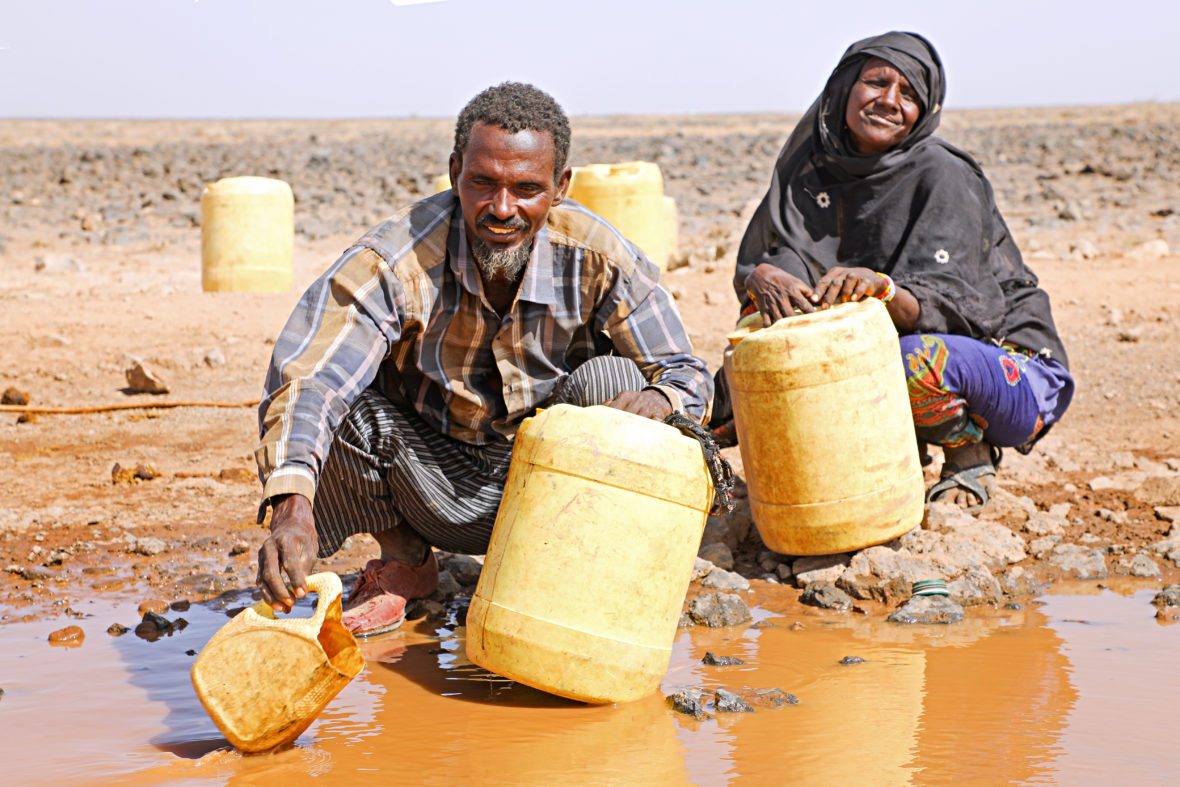
5. Too much water is also a problem
As the saying goes, you can have too much of a good thing. That’s also true for water. Flooding and severe storms can wash away communities and infrastructure in an instant.
We saw this happen last year with Cyclone Idai, which devastated communities in Mozambique, Zimbabwe, and Malawi. As part of our emergency response efforts, we delivered short-cycle crop seeds to the areas of Malawi and Mozambique that were hit hardest. Requiring less time than the average crops growing in the area, these were able to help offset some of the losses of that year’s harvest due to Idai.
Similarly, 2013’s Typhoon Haiyan hit the Philippines’ fishing community hard, with 70% of Filipinos in this line of work losing their income, and 65% losing key assets like boats. During this recovery period, Concern gave many fishermen training and jobs at boat yards, repairing boats for their fellow fishermen and rebuilding their own fishing businesses with boats provided by Concern.
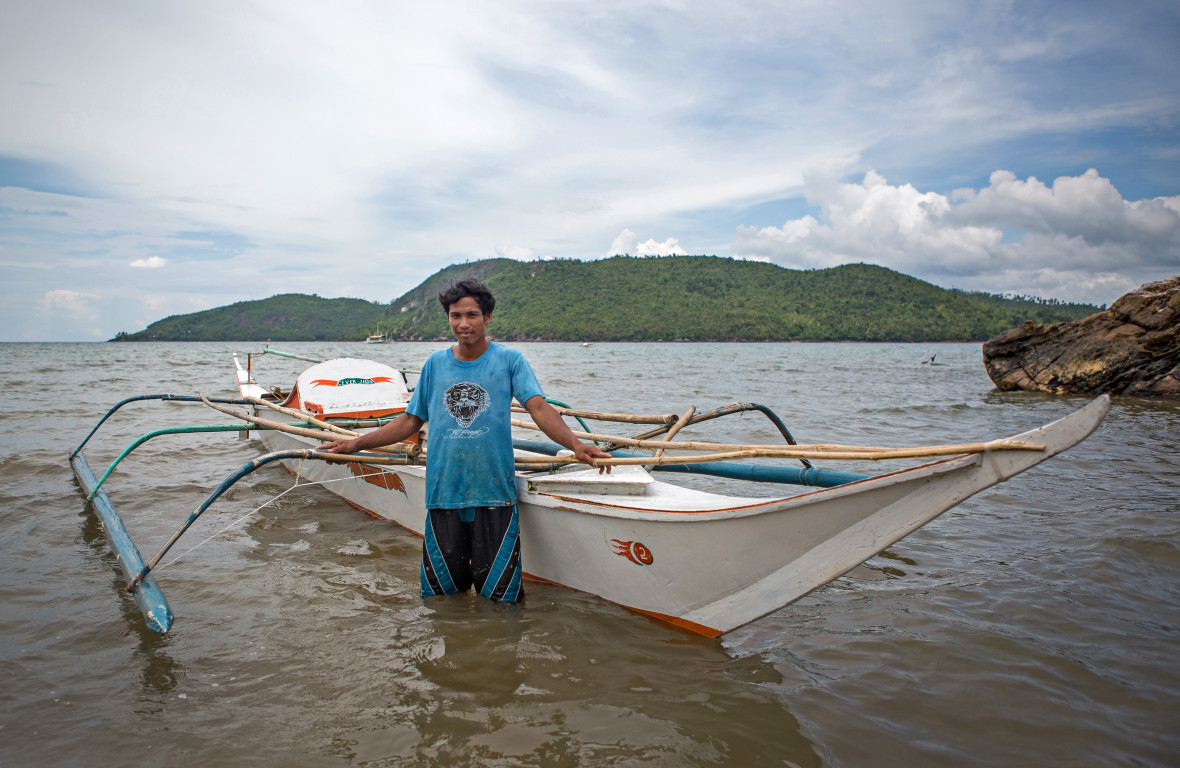
The global water crisis: Concern’s response
Ensuring access to clean water and sanitation and providing hygiene information and training are key aspects of Concern’s work, with active water, sanitation, and hygiene (WASH) programs in 18 countries. We have dug, drilled, and bored thousands of wells in remote and vulnerable communities across dozens of countries, and built countless latrines in their schools and health centers. The hours saved and the illnesses prevented make it one of the most effective things we do.
When drought or displacement prevent access to clean water supplies, we do what it takes to connect communities, including trucking water to temporary tanks and installing pumps in camps. We work hand-in-hand with communities to help them assess the longstanding challenges they face, change behaviors, and ensure water and sanitation infrastructure will be maintained for the long term. And we foster a sense of ownership, build sustainable maintenance practices, and create transparent financial management systems that benefit the community.
One example of our approach can be seen in the Democratic Republic of Congo, where Concern has been the lead partner in a consortium that has already achieved some extraordinary results. Over the course of six years, our teams worked closely with 600 of the country’s most isolated communities to help them achieve sustainable water, sanitation, and hygiene solutions. The program reached over 650,000 people.
